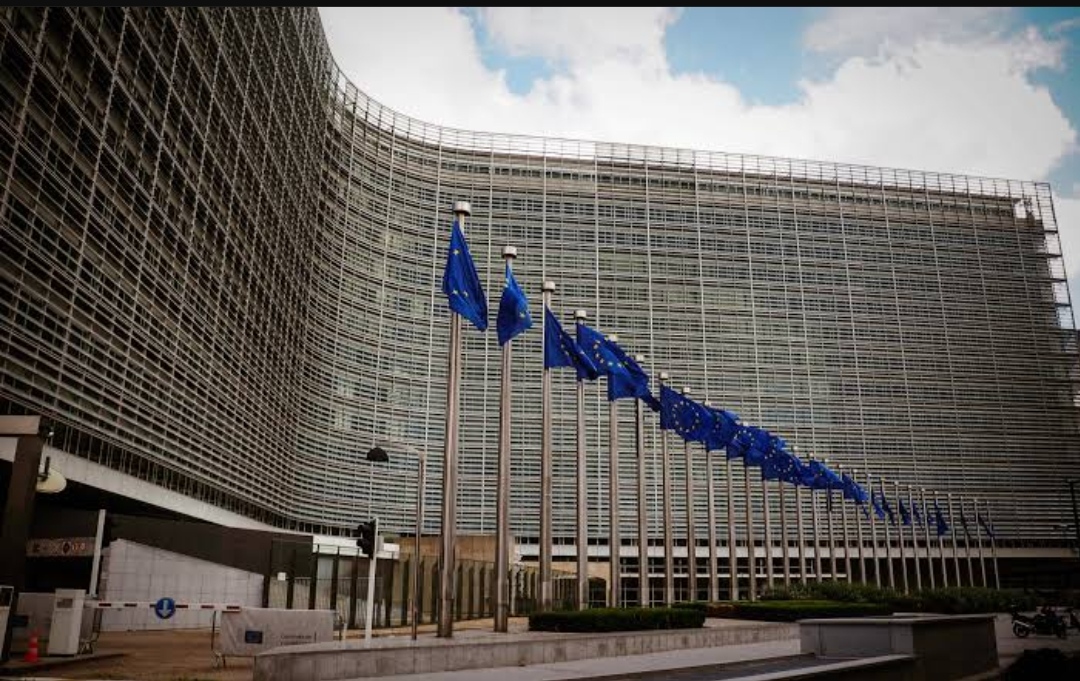EU Sets Dates For New European Force

The European Union is considering a joint military force of up to 5,000 troops to intervene in a range of crises without relying on the United States, according to a draft plan as reported by Reuters.
By next year, the bloc wants to agree on scenarios in which such a rapid reaction force might be used, and then from 2023 begin regular military exercises, including naval drills. By 2025, the EU should develop a joint “Rapid Deployment Capacity” made up of land, sea and air components.
The EU sets itself the goal of being able to run all its training missions, as well as smaller missions and exercises, from a single headquarters by 2025. By 2030, the Strategic Compass says the EU’s headquarters should run all missions.
To prevent cyber attacks, the EU aims to agree by next year to make its special Joint Cyber Unit fully operational. It is not clear if the EU would have “offensive” cyber capacities to disable foreign computer networks, a technique often considered less dangerous than sending in military forces.
The bloc aims to have developed new battle tanks and “future combat air systems” by a date to be set in agreement with EU states.
In order to reduce reliance on U.S. military assets, the plan aims to “substantially fill by 2025 critical capability gaps”. Long-range military air transport, space communication technology, and intelligence capacity – “strategic enablers” in military parlance – are all lacking in the EU.
As part of a Western strategy to counter China’s military rise, the bloc plans more coordination of European naval presences in the Indo-Pacific region, as well as maritime exercises and patrols by 2023.
Here are some of the main points in the draft plan, the “Strategic Compass”, which must be agreed by EU leaders at a summit in March.




